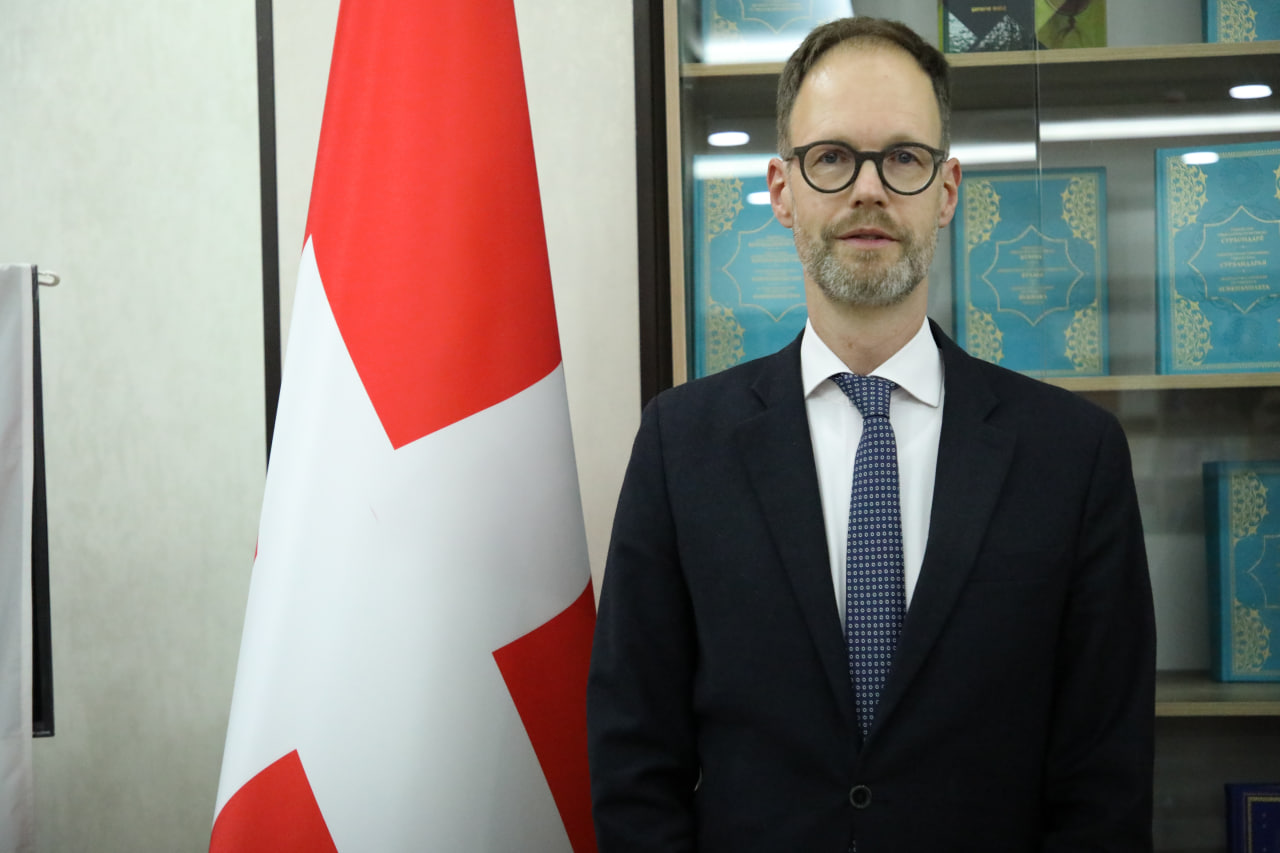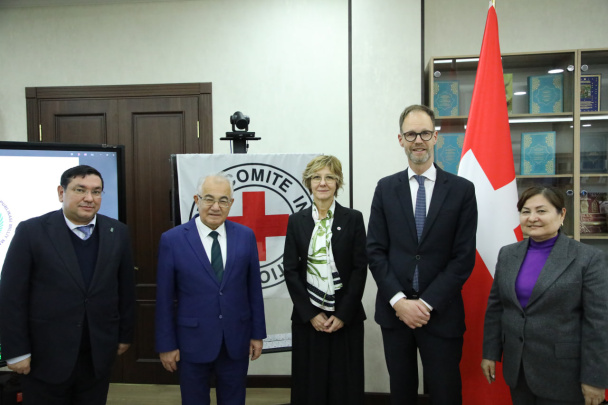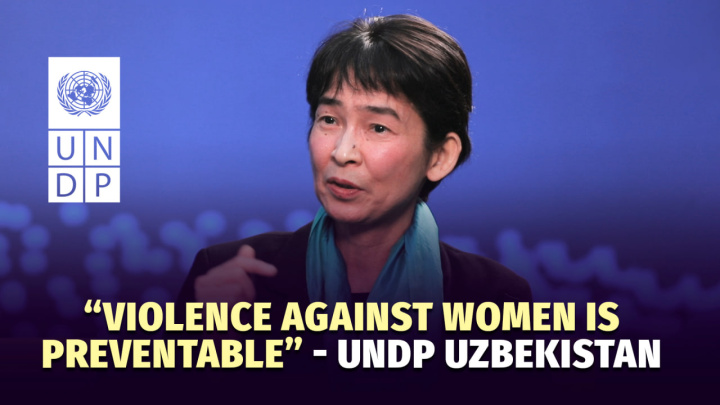Geneva Conventions at 75: Swiss Ambassador highlights Uzbekistan's role in humanitarian efforts

As the Geneva Conventions celebrate 75 years of shaping international humanitarian law, their relevance remains vital amid escalating global conflicts. In an exclusive interview with Kun.uz, Konstantin Obolenski, the Swiss Ambassador to Uzbekistan, emphasized the importance of these conventions, highlighted Uzbekistan’s proactive role in fostering their values, and discussed how Switzerland continues to champion humanitarian principles on the global stage, including through recent initiatives like the Uzbek Latin script translation of the conventions.
Ambassador Obolenski, thank you for your time and for Switzerland's efforts in promoting human rights in Uzbekistan. To start, how do you assess the relevance and effectiveness of the Geneva Conventions in today's rapidly changing geopolitical landscape?
International humanitarian law, embodied in the Geneva Conventions, is fundamental to our civilization. Unfortunately, after years of relative peace, we now see a surge in conflicts — over 120 international and civil wars globally. The conventions provide the sole legal framework to regulate the conduct of hostilities and mitigate the suffering of affected populations. In a world fraught with conflict, their relevance is undeniable.
What significance does the translation of the Geneva Conventions into Uzbek Latin script hold for Uzbekistan, and how might this translation enhance awareness and understanding of humanitarian principles among citizens of Uzbekistan?
This initiative aims to ensure that younger professionals and students of international law, who are more proficient in Latin script, can access and understand these critical texts. The translation, supported by the Swiss Embassy, the Human Rights Center, and the International Committee of the Red Cross (ICRC), will help train security forces and educate future leaders about humanitarian law principles, fostering broader awareness and implementation.
How do you view Uzbekistan's role in promoting the Geneva Conventions' values, particularly regarding regional stability and international cooperation?

Fortunately, Uzbekistan is a stable and safe country. In such environments, the focus is on preparation — ensuring armed forces are well-trained in handling prisoners of war, safeguarding civilians, and respecting humanitarian principles during potential conflicts. While the Swiss Embassy collaborates with relevant authorities, it is primarily the ICRC that drives knowledge dissemination. We encourage Uzbekistan to continue these efforts and remain a committed advocate for the conventions.
Switzerland is renowned for its humanitarian efforts and as the home of the Geneva Conventions. How does your government continue promoting these principles globally, including in Central Asia?
Beyond financing translations like the one in Uzbek, Switzerland consistently raises the Geneva Conventions in bilateral and multilateral engagements. We also engage with armed groups and non-state actors in certain conflicts, mediating peace and advocating adherence to humanitarian law. Such initiatives underscore Switzerland's enduring commitment to these principles.
Are there plans for further cooperation between Switzerland and Uzbekistan to educate youth, policymakers, or institutions about the Geneva Conventions?
The recent translation provides a strong foundation for future initiatives. It is now up to the ICRC and Uzbek authorities to promote this knowledge further, ensuring a deeper understanding across various sectors of society.
What are the most pressing challenges facing the Geneva Conventions today, and how can Switzerland and Uzbekistan collaborate to address them?
Indiscriminate violence remains a significant challenge — protecting civilians, hospitals, and schools from being targeted or misused. Both Switzerland and Uzbekistan, as signatories to the conventions, must voice concerns whenever these principles are violated. The Geneva Conventions mandate that all states parties observe and ensure adherence to these laws.
Amid conflicts in the Middle East and Eastern Europe, we see frequent breaches of international humanitarian law. What is Switzerland's stance on these violations, and what steps can be taken to enforce compliance?
Switzerland firmly supports the observance of international humanitarian law at all times. Misusing hospitals or targeting civilian infrastructure is unacceptable. To address violations, it is crucial to highlight them in multilateral forums and remind all parties of their obligations under the universally ratified Geneva Conventions.
Related News

19:56 / 06.02.2025
Switzerland to return $182 million in Gulnara Karimova's confiscated assets to Uzbekistan

19:24 / 18.12.2024
Uzbekistan marks 75th anniversary of Geneva Conventions with Latin-script translation

13:57 / 30.11.2024
Swiss Bank Lombard Odier accused of money laundering in Gulnara Karimova case

18:14 / 27.11.2024



